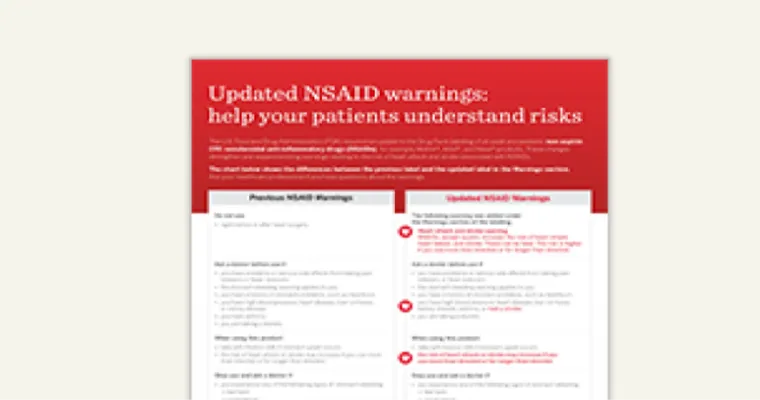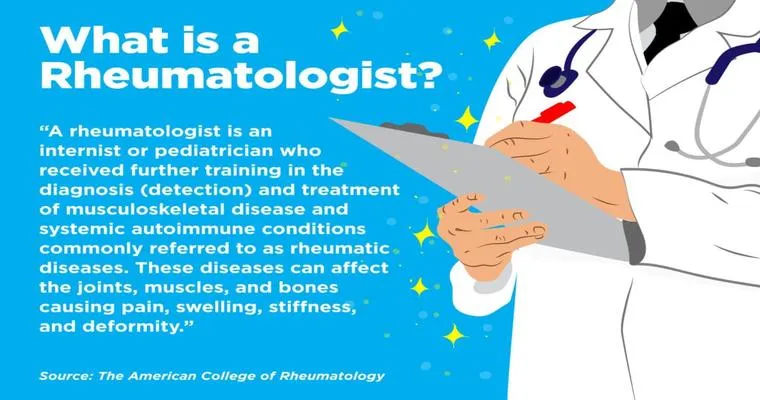Nonsteroidal anti-inflammatory drugs, commonly known as "NSAIDs", are widely used to relieve pain, reduce inflammation, and lower fever. While these medications can be effective for treating various conditions such as arthritis, muscle pain, and headaches, it is crucial to be aware of the potential risks and side effects associated with their use. Many individuals may not realize that prolonged or excessive use of "NSAIDs" can lead to serious health issues, including gastrointestinal problems, cardiovascular risks, and kidney damage.
One of the primary concerns with "NSAIDs" is their impact on the gastrointestinal tract. These medications can irritate the stomach lining, increasing the risk of ulcers and bleeding. Individuals who take "NSAIDs" regularly or in high doses are particularly vulnerable. It is advisable for patients with a history of stomach issues or those who are also taking blood-thinning medications to consult with a healthcare professional before using "NSAIDs".
Furthermore, research indicates that long-term use of "NSAIDs" may be associated with an increased risk of cardiovascular events, such as heart attacks and strokes. This risk appears to be more significant in individuals with pre-existing heart conditions or those who are older. Therefore, it is essential for anyone considering "NSAID" treatment, especially those with a history of heart disease, to discuss their options with a doctor.
Kidney health is another critical area of concern when using "NSAIDs". These medications can cause kidney damage, particularly in individuals who are dehydrated, elderly, or have pre-existing kidney issues. Regular monitoring of kidney function may be necessary for long-term "NSAID" users to prevent potential complications.
In summary, while "NSAIDs" can provide relief for various conditions, it is vital to use them responsibly. Patients should be aware of the potential risks associated with these medications and engage in open discussions with healthcare providers about their pain management strategies. Always consider alternative treatments and lifestyle changes that may help reduce the need for "NSAIDs" and minimize health risks. Remember, informed decisions can lead to safer and more effective pain management.





